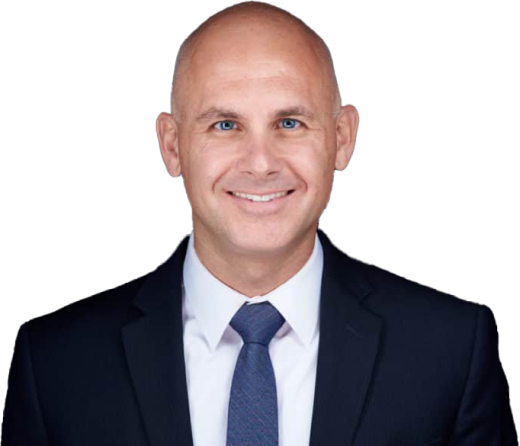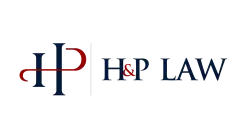
Life behind the two wheels of a motorcycle may seem thrilling, but it’s also quite terrifying. No matter what, Las Vegas motorcyclists are more vulnerable than the occupants of enclosed vehicles. On top of the road risks, motorcyclists are also faced with insurance bad faith, making the already challenging situation even worse. So, understanding the legalities and protecting yourself on the road is the only way forward.
Las Vegas Motorcycle Accidents Can Be Deadly
Motorcycle accidents in Las Vegas can be fatal. Blame it on the riders’ lack of physical protection, high traffic areas, unpredictable driving behavior, aggressive or impaired driving, extreme weather, or poor road conditions. Therefore, given the potential dangers, motorcyclists in Las Vegas must prioritize safety. In the event of a mishap, the road to recovery can be long and challenging. Add to it the insurance companies acting in bad faith to devalue your claim, and it’s a perfect storm of trouble.
But What Is Insurance Bad Faith?
Broadly speaking, insurance bad faith refers to when insurance companies violate the implied duty of good faith and fair dealing, a fundamental principle in insurance contracts. While it’s important to note that not all insurance companies act in bad faith, many do, especially with motorcycle accident claims. Here are some common examples:
Unreasonable Denial
Insurance companies often deny (or delay) valid claims without reasonable justification. They unfairly claim that the policy doesn’t cover the accident or argue that the claimant was at fault without proper evidence.
Undervaluing or Underpaying Claims
Often, insurance companies try to settle claims for amounts far below the actual damages suffered by the claimant. They may undervalue injuries, medical costs, property damage, or other losses associated with the accident and offer unreasonably lower settlements.

Delaying the Claims Process
Another common tactic is when insurance companies intentionally prolong the claims process, causing unnecessary delays. It places financial pressure on claimants, making them more likely to accept lowball offers due to mounting bills or other financial hardships.
Inadequate Investigation
Insurance companies must conduct thorough investigations into motorcycle accident claims. However, in bad faith cases, they fail to do so, omit relevant evidence, or rely on biased experts to support their denial of the claim.
Misrepresenting Policy Provisions
Insurance policies can be complex, and companies sometimes misrepresent or misinterpret policy provisions or the law to avoid paying valid claims. They may provide incorrect information about coverage, deadlines, or applicable laws, confusing claimants and leading to unfair outcomes.
Breaching the Duty of Good Faith and Fair Dealing
Insurance companies are legally obligated to act in good faith and deal fairly with all policyholders. Any actions that unfairly disadvantage the claimant, such as ignoring or disregarding communications, using aggressive or abusive tactics, or refusing to negotiate in good faith, can be considered bad faith.
Excessive Documentation
Some insurance companies demand excessive documentation or information to support a claim, going beyond what is reasonable or necessary. Often, it can be a deliberate tactic to frustrate claimants, hoping they will give up or accept a lower settlement due to the burdensome process.
Retaliatory Actions
In rare cases, insurance companies also retaliate against policyholders for filing a claim. It could involve increasing premiums, canceling policies, or engaging in punitive actions without legitimate reasons.
Hire the H&P Law Attorneys to Advocate for Your Rights
Bad faith insurance practices aren’t uncommon. If you believe you’re a victim, and your motorcycle accident claim is being denied without a legitimate reason, the qualified Las Vegas motorcycle attorneys at H&P Law can assist you in several ways. We can:
- Provide extensive legal advice
- Gather relevant evidence
- Put our in-depth insurance knowledge to good use
- Engage in negotiations with insurance companies
- File a lawsuit and handle all the specifics of the procedure
- Maximize your compensation
Our experts will ensure you receive accurate and effective guidance based on your circumstances. We will always push for a fair settlement and advocate for your rights. Call us at (702) 598-4529 for a case evaluation.




